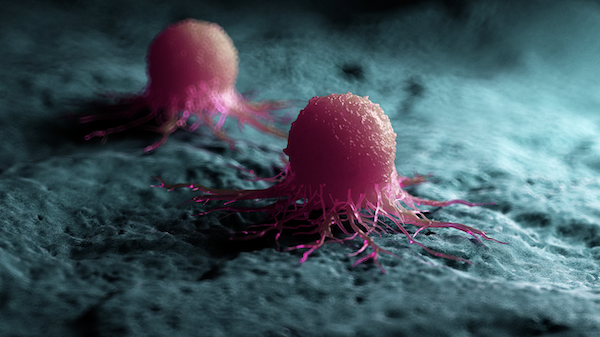
EB02 stands for “Extracorporeal Blood Oxygenation and Ozonation” (hence the “O” and “2”), a minimally invasive IV treatment like hemodialysis or an “oil change” for your blood, wherein your blood is removed and filtered, ozonated, oxygenated, and photo-modulated. It is then returned to your body.
What Steps are Involved in EBO2 Treatment?
- During the 90-minute treatment, EB02 recirculates your entire blood volume.
- The process involves three crucial steps:
- Comprehensive Filtration: Blood is drawn from one arm and passes through a patented filtration system. This step removes inflammatory proteins, cholesterol, heavy metal toxins, cellular waste, and malfunctioning cells.
- Ozonation: The blood then enters another chamber where it is saturated with medical-grade ozone. Ozone acts as a potent oxidant, neutralizing pathogens, reducing inflammation, and super-oxygenating the blood.
- Ultraviolet Blood Irradiation (UBI): In this final step, high-powered ultraviolet light stimulates various immune cells, further attacking unresolved pathogens, toxins, fats, and inflammation.
- The filtered superoxygenated blood then returns to the body, looking bright red.
It was developed by Louie Yu, PhD, who was originally trying to target heart issues without surgery or lengthy recoveries. It also aims to:
- Remove excess cholesterol and fat
- Eliminate heavy metals
- Remove toxins and mold
- Remove inflammatory proteins
- Reduce chronic inflammation
- Improve heart and autoimmune health.
At Biohackr Health, we offer EBO2 blood filtration and oxygenation to reach peak body performance. Patients have reported feeling better after treatment, particularly after a big race (muscle and inflammation recovery). We think treatment can benefit those with inflammation, mold or toxin exposure, high cholesterol, and individuals with autoimmune issues as well.
This is where biohacking is pushing traditional science. EBo2 offers a safe treatment. As for the science behind it, when searching publications, treatments which focus on filtering blood are not new. Blood filtration methods are used in septic patients and those who have transplants, Lyme disease, autoimmune issues, and others. There is an interesting study published in 2015 looking at “Antiaging: a prospective analysis,” which focuses on age-related metabolites — these have been shown in mice to correlate with aging. The question is, can we slow or reverse this? If we remove those metabolites, will people age better? Feel better? How can we take this finding into practice? The thought is to use blood filtration to decrease age-related metabolites in the body to improve longevity (study HERE). This is a new frontier. How often? What is the ideal levels of homeostasis?
The goal is improve our healthspan and lifespan. We are trying to slow age-related illnesses, like weakened muscles, diabetes, dementia, and arthritis. This is an area where we are in the promising, but not proven, area of biohacking.

